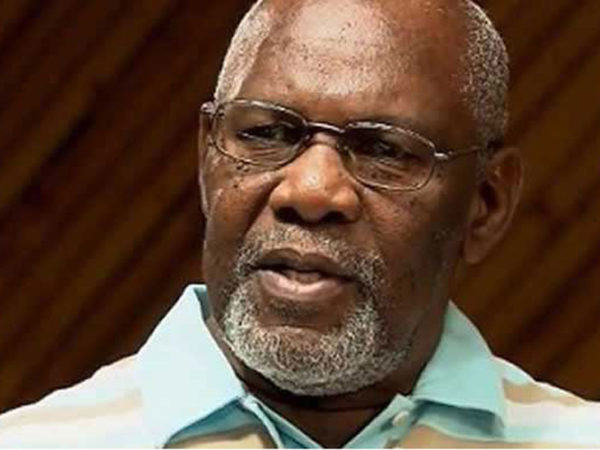
POLICE in Matabeleland South on Saturday reportedly barricaded the main road leading to Bhalagwe mine shaft in Kezi, effectively stopping the planned Gukurahundi commemorations at the site.
By NQOBANI NDLOVU
Zapu leader Dumiso Dabengwa was among several opposition and civil society leaders earmarked to speak at the commemorations organised by Ibhetshu Likazulu.
Ironically, the police had earlier on cleared the event only to make a U-turn, describing it as unsanctioned.
Matabeleland South police spokesperson, Inspector Philisani Ndebele could not be reached for comment yesterday.
Dabengwa said despite the ban on the commemorations, Kezi remains one of the most traumatised districts, as it bore the brunt of the Gukurahundi massacres.
“We recall and recount these gruesome facts of Gukurahundi so that those who died unnecessary and painful deaths may not be forgotten for the great price they did not have to pay, but which they paid so soon after their children, siblings, parents and friends died in the struggle for the liberation of Zimbabwe,” Dabengwa said.
“It is a rich irony that Joshua Mqabuko Nkomo (the late Vice-President), who is universally recognised as Father Zimbabwe hailed from this traumatised district.
- Chamisa under fire over US$120K donation
- Mavhunga puts DeMbare into Chibuku quarterfinals
- Pension funds bet on Cabora Bassa oilfields
- Councils defy govt fire tender directive
Keep Reading
“In Matabeleland South, Bhalagwe became a notorious place of sadistic beatings and torture. We recall with sadness and outrage that this place experienced daily deaths as a result of these cruel acts of armed men.
“Many families can attest to the constant digging of graves by survivors. At the same time, some of the bodies of victims were taken away in truckloads and dumped in Antelope mine shafts,” he added.
According to the Catholic Commission for Peace and Justice (CCJP), close to 20 000 civilians were killed during the 1983-87 Gukurahundi massacres after President Robert Mugabe unleashed a North Korean-trained Five Brigade into Matabeleland and Midlands regions to put down a PF-Zapu rebellion.
Dabengwa described the massacres as an ethnic cleansing project.
“As it turned out, the purpose of the Fifth Brigade was to carry out ethnic cleansing dubbed Gukurahundi as well as crushing Zapu to pave way for a one-party state controlled by Zanu PF,” he said.
Mugabe has described the massacres as a moment of madness, but refused to publicly apologise for the atrocities while his deputy, Phelekezela Mphoko has often dismissed the massacres as a Western theory although he has of late led a programme to construct monuments at the sites to “bring Gukurahundi issue to finality”.











